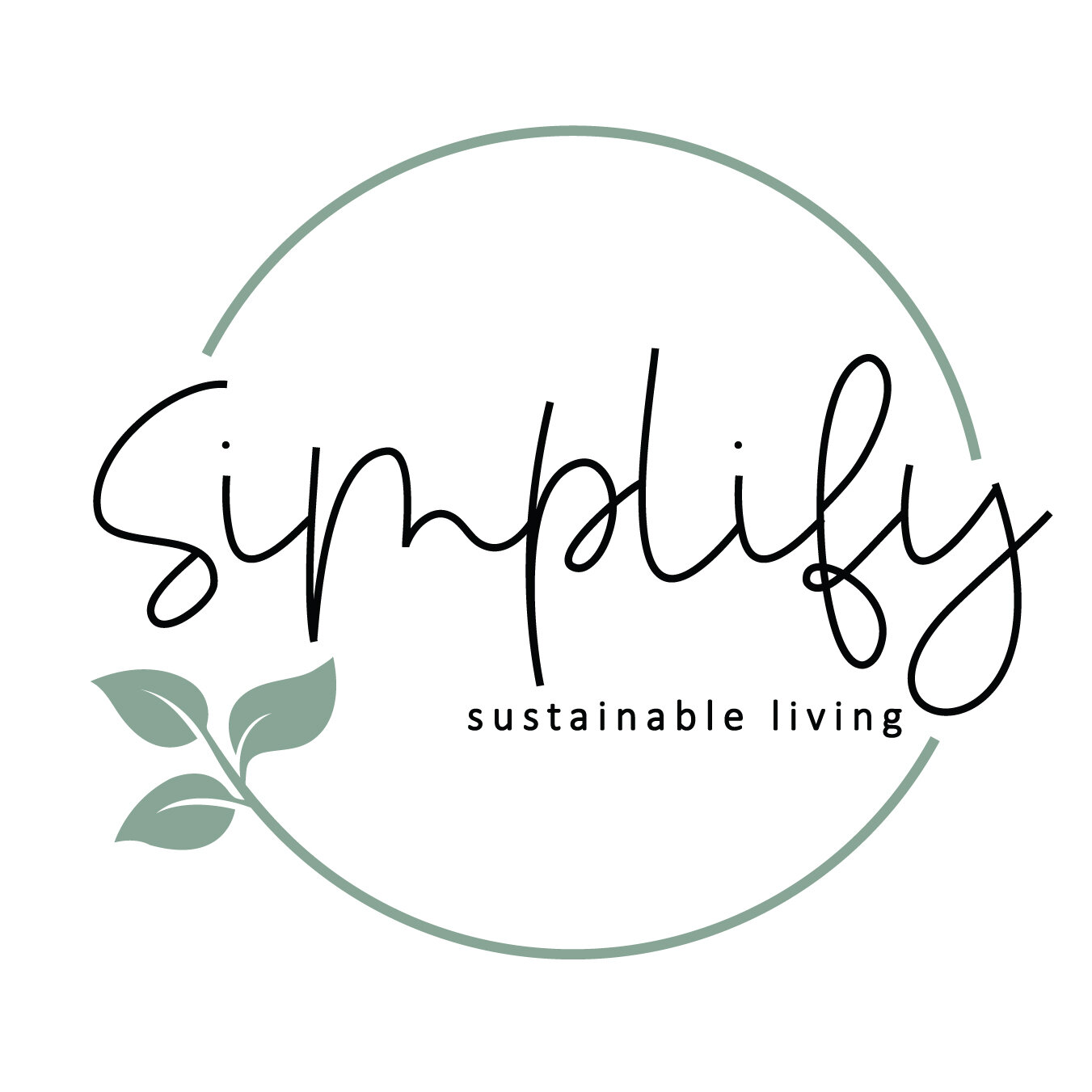5 Ways to reduce your carbon footprint from home
I’m going to be honest, I’m struggling to create valuable content for you all at this strange time. With public health measures turned up to 11 and so many shops and services closed down, a lot of what I had prepared just isn’t relevant. I have so much to share with you but I want to be sensitive to the many difficulties people are facing right now.
Many people are facing great losses but one resource has become more abundant than ever and that is TIME. So, let's use it to our advantage! Below are a few things that you can do from home to help the planet and your local economy:
1. Organize, Reuse, and Repurpose
Since we’ve got the time, let’s use it to tidy up our spare rooms and declutter our closets. It may be tempting to get rid of everything but before throwing items in the trash, ask yourself these questions:
Is there someone I know who might use this?
Can this be repurposed or repaired?
Consider toilet paper roll or egg carton crafts. Especially with Easter this weekend might be a great activity for the kids.
Now’s the time to pull out the sewing machine or tool belt to repair those beloved items that just don’t work anymore.
Keep your glass jars (pasta sauce, etc) to use for household storage (in your bathroom, kitchen, or garage), for planting, OR you can ask your local zero-waste store if they collect them (we definitely do!).
Can it be recycled?
Research nifty recycling programs in your community. They may not be open at this time but once the dust settles you’ll be able to remove it from your home and know it’s getting a new life. If you need items out of the house right now, stick them in the trunk of your car to allow you some mental space.
You’d be surprised what can be recycled - since starting this blog I’ve learned you can recycle contact lenses and their packaging so I’m sure there’s a recycle program for what you’re thinking of throwing out.
Terra Cycle also has an amazing program to recycle almost everything. It’s not cheap but you can crowdfund it with colleagues, family, or friends.
Can I donate it?
Unopened cleaning products or toiletries can be donated to the food bank or your local homeless shelter. Check their website or give them a call to find out how/if they are accepting donations at this time.
Local wildlife shelters, seniors centres, sports clubs, and daycares might take donations. Box it up, label it, and ask if they can do a pick-up. If not, set it aside - it’s still one more thing that is ready to go.
2. You've still got to eat!
Now's the time to try meal planning. Avoid food waste by having a plan for each ingredient in your fridge and pantry. Cook in large batches and freeze individual portions for easy and even reheating. Cooking is a great way to fill the hours in a day and is fun for the whole family.
Have you tried ordering groceries from local or more eco-conscious companies such as:
Spud.ca: A certified B-Corp operating in BC and Alberta. One thing I think is cool is that these guys have a banned ingredient list (no artificial flavors etc.).
The Organic Box: This grocery delivery service is owned by an Edmonton farming family and supplies
Good Goods Co.: Delicious snacks by local makers. My favourite is the Spirulina & Mint Chocolate by Natural Kitchen Delights. So smooth!
Ordering in? Support local or plant based restaurants you know or do a quick search for recommendations in your area. Eco-tip: specify that you’d like no napkins, nor plastic cutlery, and as little wrapping as possible! Hopefully, they have compostable containers.
3. You'll need supplies too!
Do your best to keep your hygiene and cleaning supply purchases local and natural. You can even try to make your own (there’s tons of recipes on Pinterest). Many of us aren’t wearing makeup but if you are, try a natural brand such as Mismack. Buying local reduces fuel emission and helps keep small business owners afloat during this time.
4. Reduce your Energy Consumption
Look into green options that your current utility providers offer – or search to see if there is a local utility provider you can support.
Epcor (Edmonton based) has 15%, 50%, or 100% residential green energy plans.
ATCO (Calgary based) has 25% and 100% green energy plans for residential or business.
Peace Power is a B-corp that services Alberta. It doesn’t look like they currently have greener options available but they do give back 20% of their profits to local community initiatives and have better rates than the big guys.
5. Rethink your waste!
Does your municipality charge you less for having a smaller garbage bin or fewer bags? Ours does. Consider ways to reduce waste so you can save yourself some money and avoid the big bin:
Start a compost if your municipality doesn’t have an organics program or consider how you can better utilize the organics program your community has.
Our local organics program allows us to get fertilizing soil back from the city’s compost which helps us grow our garden. There’s no need for plastic produce or grocery bags if you’re getting your fruits, vegetables, and herbs at home. A garden also saves you some money on groceries.
WILDNorth, a wildlife rescue society in Edmonton, also offers compost in the spring!
Every action, no matter how small, helps to reduce your carbon footprint. We have an unprecedented opportunity to thoughtfully consider our next steps for our health, our community, and the planet. Please take the time to do so.
